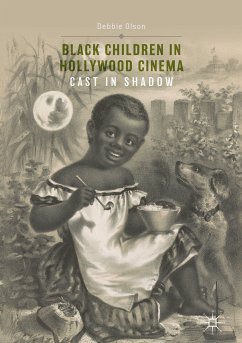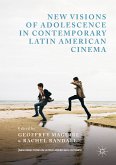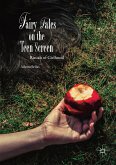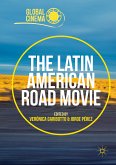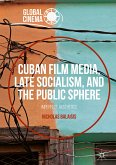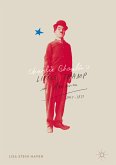This book explores cultural conceptions of the child and the cinematic absence of black children from contemporary Hollywood film. Debbie Olson argues that within the discourse of children's studies and film scholarship in relation to the conception of "the child," there is often little to no distinction among children by race-the "child" is most often discussed as a universal entity, as the embodiment of all things not adult, not (sexually) corrupt. Discussions about children of color among scholars often take place within contexts such as crime, drugs, urbanization, poverty, or lack of education that tend to reinforce historically stereotypical beliefs about African Americans. Olson looks at historical conceptions of childhood within scholarly discourse, the child character in popular film and what space the black child (both African and African American) occupies within that ideal.
Dieser Download kann aus rechtlichen Gründen nur mit Rechnungsadresse in A, B, BG, CY, CZ, D, DK, EW, E, FIN, F, GR, HR, H, IRL, I, LT, L, LR, M, NL, PL, P, R, S, SLO, SK ausgeliefert werden.
Hinweis: Dieser Artikel kann nur an eine deutsche Lieferadresse ausgeliefert werden.

